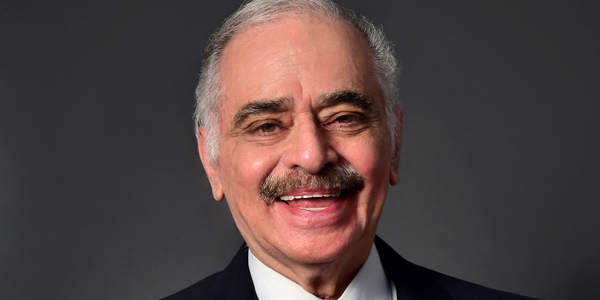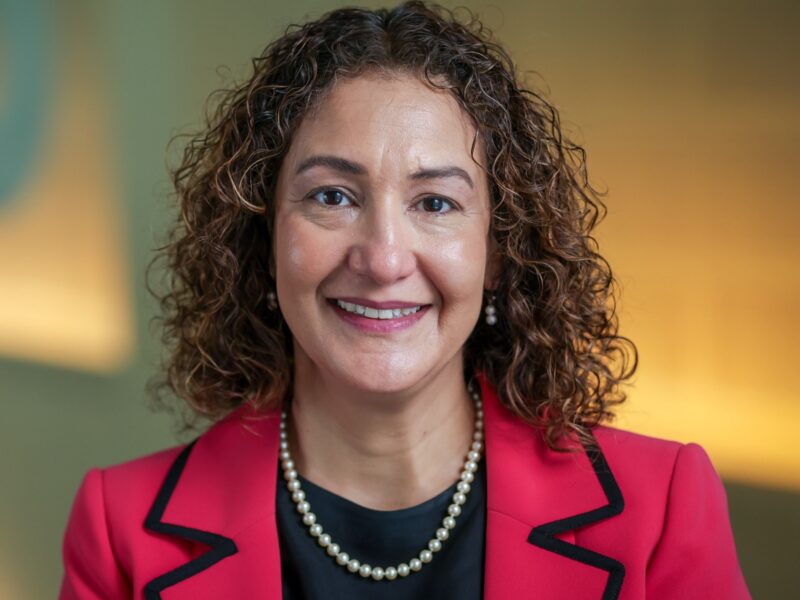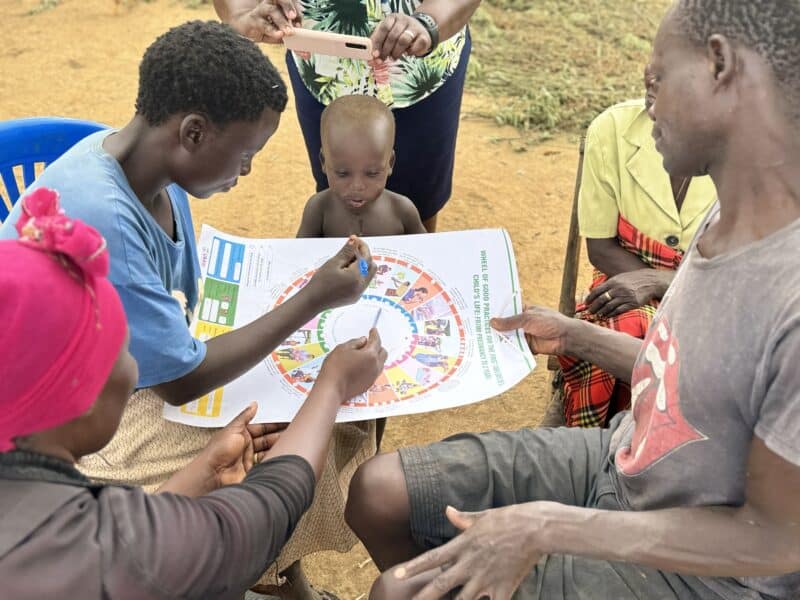A pioneer in the field of entertainment education. A former health minister of Ecuador. A Pakistani senator charged with leading her nation’s polio eradication efforts. A former mayor of Medellín, Colombia, who is credited with helping to transform what was once one of the most dangerous cities in the world.
All four will be among the keynote speakers at the International Social and Behavior Change Communication Summit, April 16 to 20 in Nusa Dua, Indonesia, the summit’s steering committee announced today. The five-day gathering promises to be a can’t-miss event with more than 70 sessions, 36 preformed panels and 40 skills-building workshops featuring leaders in the field of social and behavior change communication.
Miguel Sabido began his career as a television writer. He saw that a Peruvian telenovela, Simplemente Maria, the story of a single mother who enrolled in a literacy class and became a seamstress and eventually a very successful businesswoman, changed behavior across Latin America. The wildly popular program led to a massive increase in the sales of sewing machines and the number of people enrolling in sewing classes.
He found that education could be deliberately woven into entertainment programs and developed a pioneering formula and theory used today. He determined that people learned through role models and that the more we identify with a role model, the more likely we are to imitate them.
Sabido will talk about the evolution of his research on the theory and practice of communication since 1974, when his first entertainment-education telenovela was broadcast. He will also present his new work,“Tonal Strategies for Entertainment Education.”
David Chiriboga, an associate professor of medicine at the University of Massachusetts, was a young physician in Ecuador when he designed and implemented a system to provide comprehensive health care services to the indigenous population of Zumbahua in the highlands of the Ecuadorian Andes. The project included building a community hospital and establishing a health district with several satellite clinics, with a strong community out-reach component. He would later go on to serve as Minister of Health in Ecuador where he undertook a major re-structuring of the health care system of the country.
He is co-founder of Equity Movement, an international NGO devoted to multidisciplinary research, policy and advocacy in sustainable health and environmental equity, his primary interest. Chiriboga will discuss the use of social and behavior change communication and advocacy as ways to address the inequality, particularly as it relates to the Sustainable Development Goals (SDGs).
Senator Ayesha Raza Farooq is a member of Pakistan’s Senate and has been the prime minister’s point person on the nation’s polio eradication programs since Nov. 2013. At the time, Pakistan – one of only three nations where polio remained endemic – was seen as a threat to global eradication efforts. Working closely with polio spearheading partners and the prime minister, she helped lead the country’s polio program out of a crisis situation and has been praised for those efforts by, among others, the International Monitoring Board (IMB) of the Global Polio Eradication Initiative and World Health Assembly.
As a senior policy maker in her country, she recognizes the essential role that SBCC has played in polio eradication efforts and is a major advocate for its continued and expanded use both within the polio program and in other initiatives such as ensuring that all Pakistani children are vaccinated against preventable childhood diseases.
Aníbal Gaviria was the mayor of Medellín, Colombia, from 2012 to 2015. He is one of a string of mayors credited with turning around this city of 2.5 million people. Once the stronghold of the dangerous Medellín cartel, the city witnessed 6,349 killings in 1991. The homicide rate has fallen by 80 percent since then and, in 2013, the Urban Land Institute named Medellín the “most innovative city” out of 200 it considered. Prior to that, Gaviria was governor of Antioquia, of which Medellín is the capital. He believes that “to govern is to communicate.”
Gaviria sees a connection between reducing inequality and violence in the city and the facilitation of dialogue and debate in communities. Medellin is well known for social urbanism and development policies, including the development of huge outdoor escalators to unite richer and poorer communities that were previously separated by very steep hillsides. Residents of one of the city’s poorest and most violent communities had to hike the equivalent of 28 stories home after working all day down below. Vehicles couldn’t drive on the roads in this poor neighborhood, leaving the community isolated and impenetrable. The city was able to reduce isolation with the escalators – bringing dignity and fostering connectedness that was helpful in reducing violent crime and bringing the city together.
Along with the reduction of violence, extreme poverty rates have fallen and the education system has improved. Gaviria is currently an independent consultant who advises Latin American countries on security, land use, sustainability and poverty issues.
Stay tuned as more speakers will be announced, including a keynote devoted to youth. Time is running out to register for the summit. The deadline is March 19.





